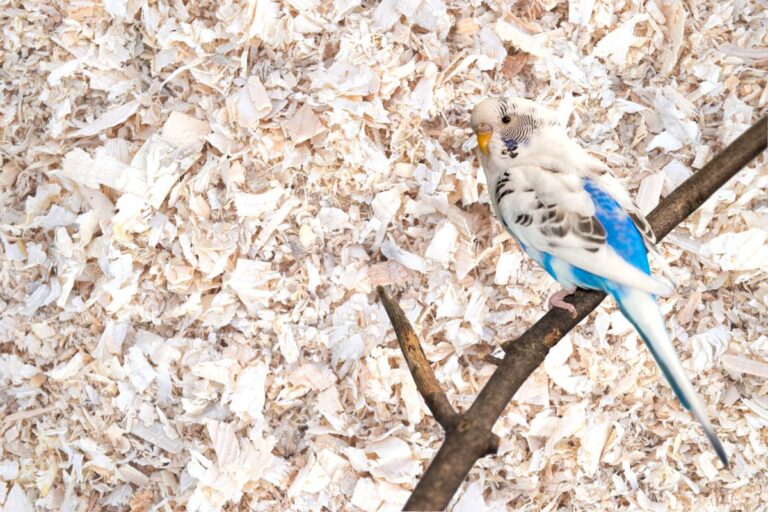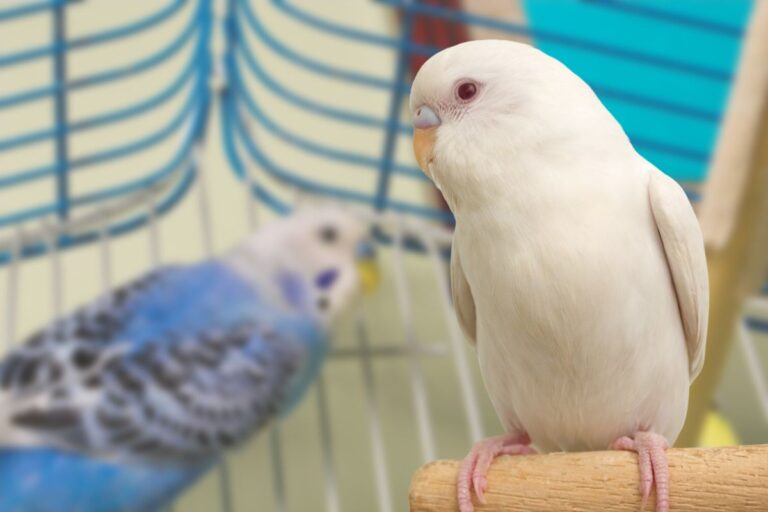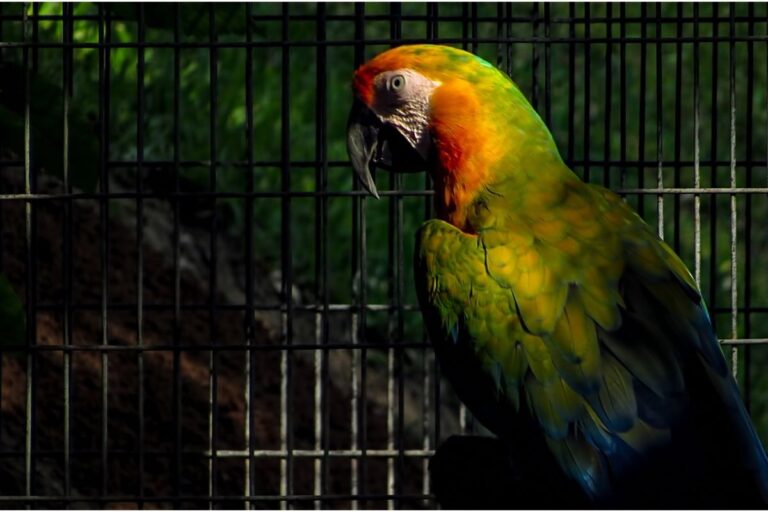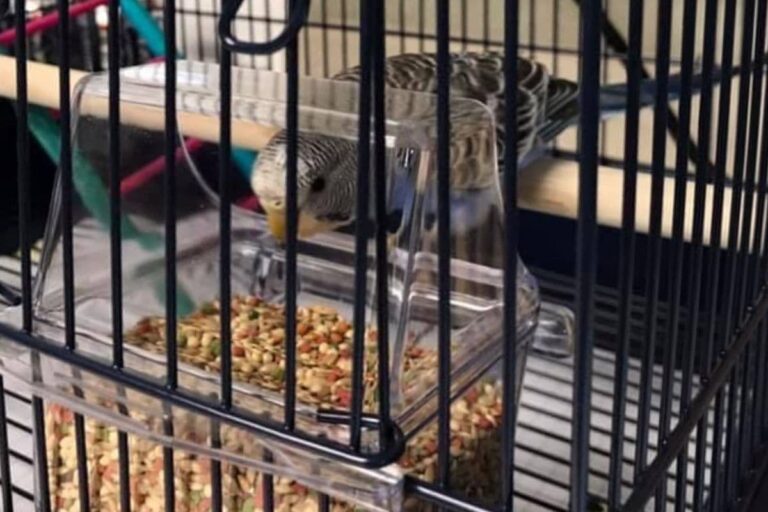Are Parakeet Eggs Edible
Disclosure: The opinions expressed in this post are my own. This post may also contain affiliate links, which means that I will receive a commission if you decide to purchase through my links, at no additional cost to you. As an Amazon Associate, I earn from qualifying purchases.
Eggs are delicious, and can be cooked in several styles, hard boiled, sunny side up, and huge favorite, scrambled. However, the eggs we eat and find from the grocer usually comes from chickens. If you have a parakeet that has been laying eggs, you probably would have thought whether it was possible to consume them just like how we eat chicken eggs.
Well, the answer is yes, parakeet eggs are edible. Just like chickens, parakeets lay eggs as part of reproduction (oviparous). These eggs can either be fertilized or not. The eggs of most birds are actually in fact edible, with the exception of a few bird species such as the Ifrita and Pitoui.
Are Parakeet Eggs Safe to Eat?
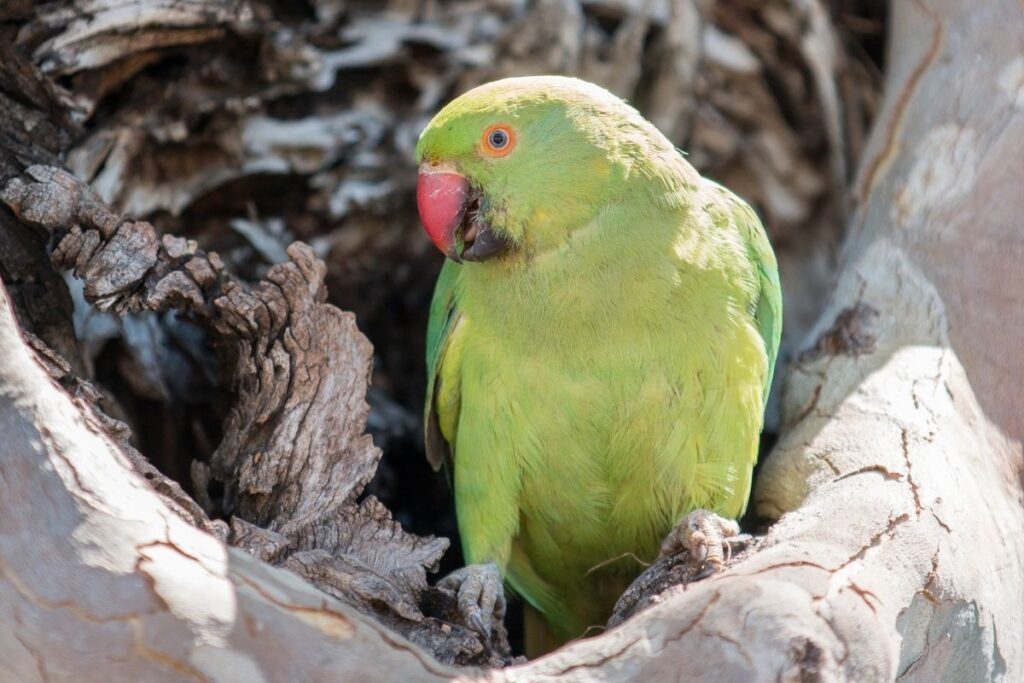
Parakeet eggs are generally safe for consumption if they are handled well and still fresh. However, it’s not recommended to do so because there are other safety factors to consider. The eggs themselves are not toxic, but you may find bacteria in them just like how you may also encounter in chicken eggs. Since parakeet eggs are usually not produced in commercial settings, we do not have the tools and equipment to test and guarantee the absence of unwanted contaminants. If you still want to go ahead, consider these other tips and pointers.
Make Sure They are Well-Cooked
There’s a chance of a Salmonella infection if you eat raw or lightly-cooked eggs. Furthermore, it’s unlikely that parakeet eggs are pasteurized. So make sure that you cook the eggs till both the white and the yolk are firm. You should also keep your eggs refrigerated if you have no intention to consume them soon.
Do Not Eat Eggs from a Sick Parakeet
It’s common sense not to eat eggs that are produced by a sick chicken. You want to make sure that your parakeets are healthy and in tip top condition before considering eating their eggs. Otherwise, you could likely end up falling sick if you consume them.
Make Sure Your Parakeet Is or Was Not on Medication
When we eat an egg produced by a parakeet on or was recently on medication (including worming medication), there is a good chance of exposure to the unwanted drug residues. Avoid consuming eggs in such situations as it’s considered unsafe to do so.
If They are Edible, Why Don’t We Eat It?
Although parakeet eggs are edible, it’s not common for ordinary folks to consume them due to varying reasons. One is that parakeet eggs are small. They are about 3/4″ in length, whereas a typical egg from a large hen exceed 2 inches in length. That means you’ll have to be cooking and peeling lots of parakeet eggs if you’re serving them for breakfast for your family.
With that being said, you might be wondering, aren’t quail eggs small in size too? And if so, why can they be found being sold in markets? Another reason is that the cost to commercially produce parakeet eggs is really high. Businesses will have a hard time sustaining themselves if they choose to produce parakeet eggs solely. Chickens eggs on the other hand are much lower in costs to produce. They are also easy and affordable to breed and take care of. You’ll find chicken farms in all corners of the world. As such, you do not see parakeet eggs being sold in most supermarkets around the world, as it’s expensive to do so.
Lastly, we can’t ignore the psychological reason behind it too. Society has been very accustomed to eating chicken eggs for a long time. Most of us grew up eating them since young. It’s part of our diet and we cook and eat them without thinking about it much. When it comes to parakeet eggs, there will be a psychological barrier that makes us hesitate to eat them just because we have never consumed one before. It’s almost as if it’s a delicacy and out of the norm.
Some Bird Eggs are Illegal to Consume

There are some eggs that are protected by the law. You would not want to be caught in possession of them, let alone eating them. In the United States, it’s illegal to eat the eggs of eagles and vultures. One such law is the Bald and Golden Eagle Protection Act that was passed by Congress in 1940. It prohibits anyone without a permit to cause interference to their nest and lifestyles, and that includes the possession of their eggs.
This may not apply to parakeets and their eggs depending on the laws in your region. But it’s important to know that there may be wildlife protection laws in place for certain birds and it’s your responsibility to look them up before engaging in activities that may endanger them or go against the law.
How to Cook Parakeet Eggs
You can cook parakeet eggs in many ways. For example, you can boil them, fry them, bake them, or even scramble them. There are different methods to cook parakeet eggs but here are two simple ones:
1) Boil Them
The easiest way to prepare parakeet eggs is to boil them. Simply put them into boiling water and wait until they float. This should only take about 5 minutes. Once boiled, drain off the excess water then rinse with cold water. Let them dry completely before storing them in an airtight container.
2) Fry Them
If you prefer frying parakeet eggs instead, simply follow these steps. Heat oil in a deep pan over medium heat. Add the parakeet eggs and fry them until golden brown. Remove from the pan and serve immediately.
So What Does a Parakeet Egg Taste Like?
Parakeet eggs taste very similar to chicken eggs. They have very similar texture and flavor profile. The biggest difference is the size of the eggs. You’ll be able to eat an entire parakeet egg in one mouthful, whereas most folks would rather finish their chicken eggs across a few bites. There really isn’t any distinctive flavor from a parakeet egg when compared to chicken eggs.
If you have ever eaten quail eggs before, then parakeet eggs will be even more alike to this as they have similar sizes.
Interesting Facts About Eggs
Since we are at the topic of eggs, here’s just some interesting facts about them!
Saturated Fats from Our Diet Has More Effect on High Blood Cholesterol than Eggs
We’ve always heard the saying that eggs are high cholesterol and we should be limiting our intake of them. While this is true to a certain extend, the amount of saturated fat we eat from our diet has a bigger effect on our blood cholesterol than from eating eggs.
Eggs Stay Fresh for a Longer Period if Kept in Refrigerators
If you are intending to store your eggs for a while, then it’s better to put them in a fridge. A fresh batch of eggs will be able to stay good for 4 to 5 weeks in the fridge. In the U.S., eggs need to stay refrigerated by law according to the USDA. This is because extensive washing has been done on the eggs for sanitization purposes, causing them to lose its protective coating, making them porous and susceptible to bacterial contamination.
Eggs Should Remain in the Fridge Until You’re Ready to Use Them
Removing eggs from the refrigerator causes them to condensate, which causes moisture to accumulate on the shell, making it easier for bacterial contamination. It is therefore crucial that you do not remove eggs from the fridge until needed, and you cook them within 2 hours of removal from the fridge.




